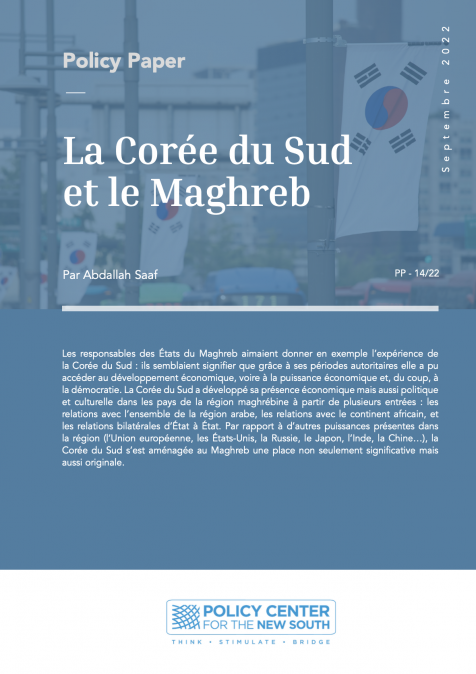Podcasts
The Relations Between Morocco and the European Union in Light of the New Pact for the Mediterranean
28
November
2025
Related topics:
Morocco–EU relations have evolved from the Barcelona Process to an advanced, differentiated strategic partnership. The new Mediterranean Pact focuses on citizens, sustainable economies, and security but faces limits due to reduced EU development funding. For Morocco, it can support social protection reforms, industrial investment, and digital transformation. It also opens new avenues for cooperation on migration and managing competition in Africa.








